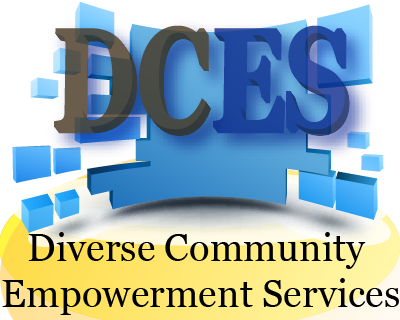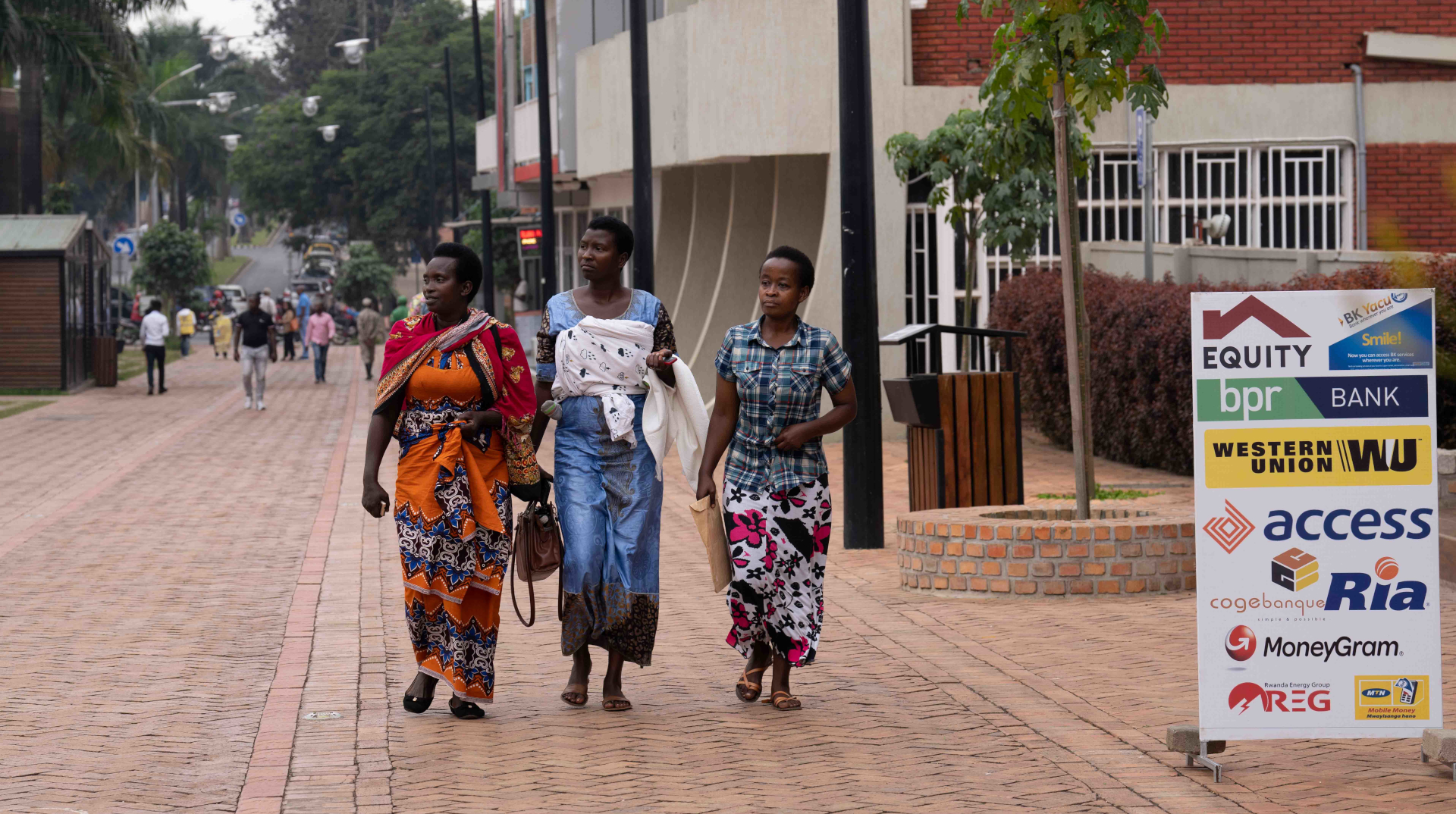What Does It Mean To Be Proactive?
For community leaders to be proactive, they must preemptively make positive changes and take situational control early on, rather than simply responding or waiting for something to happen or go wrong.
It’s about taking action in advance to mitigate challenges instead of reacting or needing sudden adjustments.
Proactive Tips for Community Leaders
When Leaders take a proactive approach to their work, it prevents negative situations, encourages preparedness and productivity, saves time, cultivates an atmosphere of success, and reduces stress.
Here are five ways community leaders can be proactive in their roles:
1. Always Come Prepared
For community leaders, preparedness is all about getting organized, planning ahead, and taking steps to ensure desired objectives are achieved. When leaders do the work and remain prepared for anything that may come their way, it minimizes the likely outcome of being overwhelmed, allows for quick problem-solving and likely to lead to positive results.
- Meetings: Are the time to share information, listen to feedback, and answer questions; community managers should prepare any significant updates. For example, there may be an announcement about budget cuts or setbacks with the holiday festival. To decrease negative reactive behaviors, community managers must be ready to present a thorough breakdown of the community's expenses or reasons why the setback occurred.
- Hazards: Being proactive is vital for communities in climates with dangerous weather conditions such as hurricanes or tornadoes. Community managers can help the board with emergency preparedness plans and advise about managing unexpected events.
- Consultation: Inclusion and collaboration can galvanise collective effort with shared involvement, ownership and responsibility.
2. Build Trust
Community leaders are certified industry experts with experience juggling the many aspects of living. Because of their expertise and knowledge, board members and residents look to them to provide leadership and offer guidance that drives success. To fulfill this obligation, managers must be consistent in their words and actions and proactively prove their reliability. When board members and residents know they can depend on their managers and are confident in their abilities, it facilitates productive collaboration, fosters respect and engagement, and inspires a collective commitment to continuous improvement. Managers can demonstrate good leadership and build trust by:
- Having a positive attitude.
- Creating an energetic environment.
- Remaining true to their word.
- Showing a visual plan of action.
- Preparing ahead.
- Being on time.

3. Know About Legislation
Community initiatives are a hot topic in courts around the country. New laws affecting community associations are constantly being passed, so community managers need to stay up to date on any legislative changes and encourage board members to do the same. Being proactive with legal education can reduce liability and prevent non-compliance and subsequent consequences down the road.
4. Prioritize Maintenance
Many people choose to live in an HOA because of the beautiful landscaping, well-kept amenities, and overall look and feel. This is all thanks to the work of boards that prioritize regular and preventive maintenance. Community managers can lend a hand in maintenance endeavors to proactively preserve aesthetics and avoid risks and other costly issues by assisting boards with maintenance strategies, vendor searches, maintenance plan execution, and more. Proactive maintenance tasks include:
- Conducting frequent maintenance checks.
- Thoroughly understanding applicable maintenance ordinances.
- Hiring skilled, vetted, certified, and insured maintenance vendors.
- Keeping a current record of the insurance.
- Reviewing reserve studies to identify components nearing the end of their useful life and those requiring repairs.
- Implementing planning procedures and protocols.
- Leveraging applications and software like TownSq to report building concerns and maintenance requests.
5. Communicate
Strong communication is the cornerstone of any thriving community. Many conflicts and mishaps result from poor communication, which can be easily avoided through proper and proactive communication. Proactive communication involves taking initiative, providing answers and updates, and sharing relevant information to deliver clarity and effectively manage potential challenges. Communication best practices include:
- Using good conflict resolution skills.
- Remaining calm when tensions are high.
- Building a communication plan.
- Ensuring residents know when and how to get in contact.
- Pushing board members to establish a regular communication cadence.
- Allowing members to ask questions and raise concerns.
- Giving status updates and insights on the current projects.
- Promptly addressing issues instead of putting them aside.
Community Leaders Can Be Even More Proactive through foresight, planning and anticipation.
The role of a community manager can be demanding and time-consuming. However, by being proactive—through preparation, building trust, understanding legislation, prioritizing maintenance, and effective communication—they foster a positive, collaborative environment that supports solid relationships and long-term success.


